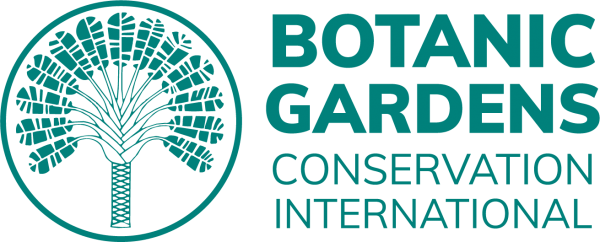Dr Amelia Martyn Yenson
Amelia works with the Australia Network for Plant Conservation as Project Manager. Amelia led the development of the guidelines for Plant Germplasm Conservation in Australia which delivers a comprehensive overview of the techniques required to store, germinate, and propagate plant germplasm and germplasm conservation. Amelia was instrumental in securing and managing this network of conservation experts remotely, due to Australia’s bushfires and the pandemic, and has motivated 78 authors, editors, and steering committee members to provide thousands of hours of expertise to ensure the guidelines were reviewed. Since their release in September 2021, the guidelines have been downloaded over 500 times, with 100 hard copies distributed to conservation and restoration seed banks, botanic gardens, nurseries, and universities. Throughout the delivery of the Germplasm Guidelines, Amelia was also responsible for delivering research into the germination of rainforest and arid land species at the Australian PlantBank, which directly supported major conservation programmes and provided germplasm for threatened native plants. Amelia secured additional funding that brought nearly 200 researchers, policy makers and practitioners from over 19 countries together to illustrate advances and gaps in exceptional species conservation and identify opportunities and resources for future implementation of research and conservation interventions.


















